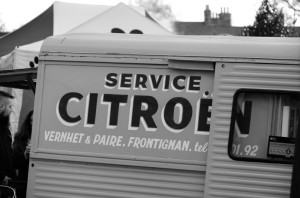It is important to understand the VAT consequences of owning property overseas. It may not be commonly known that the UK has the highest VAT threshold in the EC. This means that for many ‘sideline’ businesses such as; the rental of second or holiday properties in the UK, the owners, whether they are; individuals, businesses, or pension schemes, only have to consider VAT if income in relation to the property exceeds £82,000 pa. and this is only likely if a number of properties are owned.
However, other EC Member States have nil thresholds for foreign entrepreneurs meaning that if any rental income is received, VAT registration may be compulsory. Consequently, a property owner that rents out a property abroad will probably have a liability to register for VAT there. Failure to comply with the domestic legislation of the relevant Member State means; payment of back VAT and interest and fines being levied. It is also not a good idea to provoke the interest of overseas tax authorities. VAT registration however, does mean that a property owner can recover input tax on expenditure in connection with the property, eg; agent’s fees, repair and maintenance and other professional costs. Such claims may be restricted if the home is used for own use.
It should be noted that, unlike other types of rental of homes, holiday lettings are always standard-rated. Also, the letting of holiday homes is always treated as a business activity unless lettings are very infrequent. If lettings are a one-off or rare, evidence should be retained to evidence this fact. There is no set number of times a property can be let before it is treated as a business, and the interpretation may differ between different Member States. Details of taxable supplies and being in business here
Given that every EC Member State has differing rules to the UK, it is crucial to check all the consequences of letting property overseas.
A final word of warning; I quite often hear the comment “I’m not going to bother – how will they ever find out?”
If an overseas property owner based in the UK is in competition with local letting businesses, those businesses generally do not have any compulsion in notifying the authorities. In addition, I have heard of authorities carrying out very simple initiatives to see if owners are VAT registered. In many resorts, income from tourism is vital and this is a very important revenue stream for them so it is well policed.
Please contact us for further details. We have experience in dealing with overseas VAT matters on our clients’ behalf.

